UK economy flatlines as mass strikes chip at growth: Data
The UK economy failed to grow in February after being hit by the effects of strikes across the public sector and weakness in industrial output, official figures have revealed.
The Office for National Statistics (ONS) said on Thursday that the growth rate unchanged in February, falling below forecast in a Reuters poll expectations for a 0.1% rise in activity.
Strikes by civil servants and teachers held back growth in the economy in February, says Darren Morgan, director of economic statistics at the Office for National Statistics.
.@DarrenM44 continued: (2/2)
— Office for National Statistics (ONS) (@ONS) April 13, 2023
⬇️ pic.twitter.com/P8dD6U7L2I
The comments came hours after Jeremy Hunt, chancellor of the exchequer, insisted the UK would do “significantly better” than the International Monetary Fund(IMF)’s forecast on Tuesday that the economy was expected to shrink by 0.3% this year.
The IMF this week forecast that the UK economy would shrink as the worst performance of any G7 economy, putting Britain at the bottom of the world's major economies in terms of expected economic growth in 2023.
Despite February's poor performance, Hunt said the UK's economic outlook was “brighter than expected” and that GDP - the measure of economic growth - had grown by 0.1% in the three months to February.
Hunt, who was brought in to revamp the British economy after a market rout under his predecessor, said, “We are set to avoid recession thanks to the steps we have taken through a massive package of cost of living support for families and radical reforms to boost the jobs market and business investment.”
The opposition Labour Party’s Shadow Chancellor, Rachel Reeves, in a statement said the figures showed the economy was slowing down. “Despite our enormous promise and potential as a country, Britain is still lagging behind on the global stage with growth on the floor,” he added.
The largest contributor to the negative growth in services in February 2023 was education, which fell 1.7% in the month, the GDP report shows.
Walkouts by teachers nationwide on February 1 had been the biggest drag on growth, the ONS said. Strikes by many civil servants also affected output.
Tens of thousands of teachers across the UK have been holding industrial actions throughout this year in demand of a pay rise that matches the skyrocketing inflation. The greatest strike by teachers is set to be held on April 27 and May 2.
The UK economy has been grappling with record-high inflation during recent months, with many workers launching strikes and protests as they can’t match their wages with skyrocketing inflation.
With inflation soaring above 10 percent and a surge in food and heating also going up, wages have fallen in real terms with people struggling to pay bills.
Adding to the current pressure on people, the government has announced its new plan to end the Energy Price Guarantee scheme, which will withdraw the government’s financial support for energy bills.
In the UK, inflation is at its highest for nearly 40 years because of rising energy prices and soaring food costs. In response, the Bank of England has been raising interest rates, and last month increased them to 4.25%.
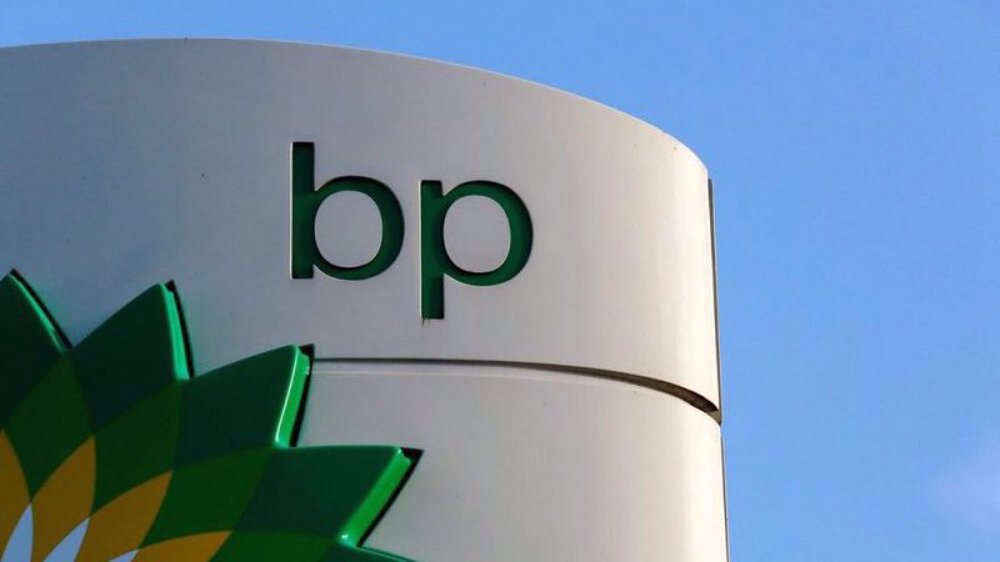
BP to be sued in Britain for supplying oil to Israel

UK’s Barclays divests from weapons company Elbit, deals new blow to Israel
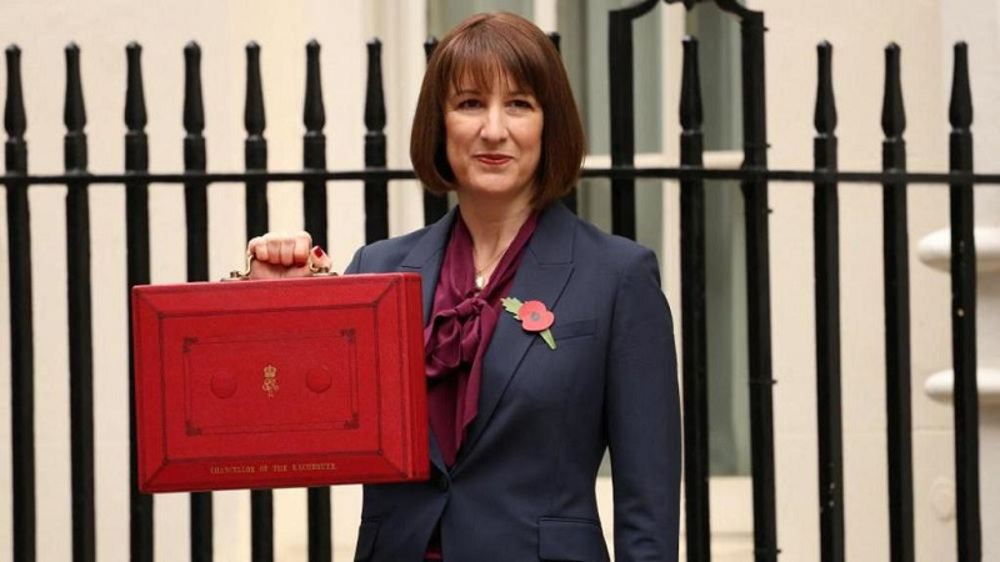
New British government announces painful first budget
IRGC unveils Rezvan suicide drone on final day of massive drill
Biden to keep Syria's HTS terror designation in place: Officials
Musk interferes in British politics
Iran urges respect for Syria’s sovereignty, formation of inclusive government
VIDEO | Syria's economy in transition: Challenges and opportunities
UN: Israel’s attacks in Gaza killed 369 aid workers since October
US, UK warplanes bomb Yemen in support of Israel
Jan. 8: ‘Axis of Resistance’ operations against Israeli occupation


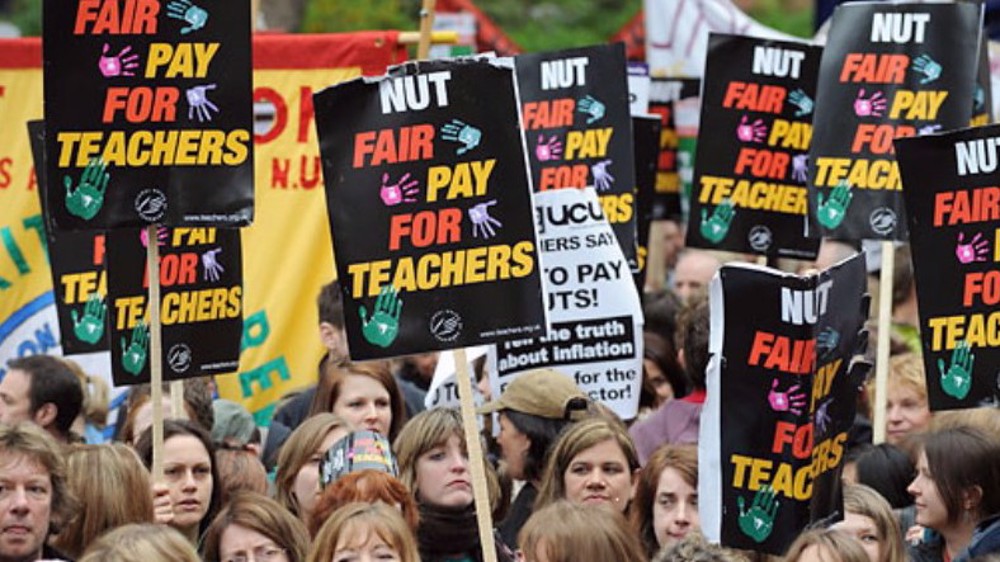

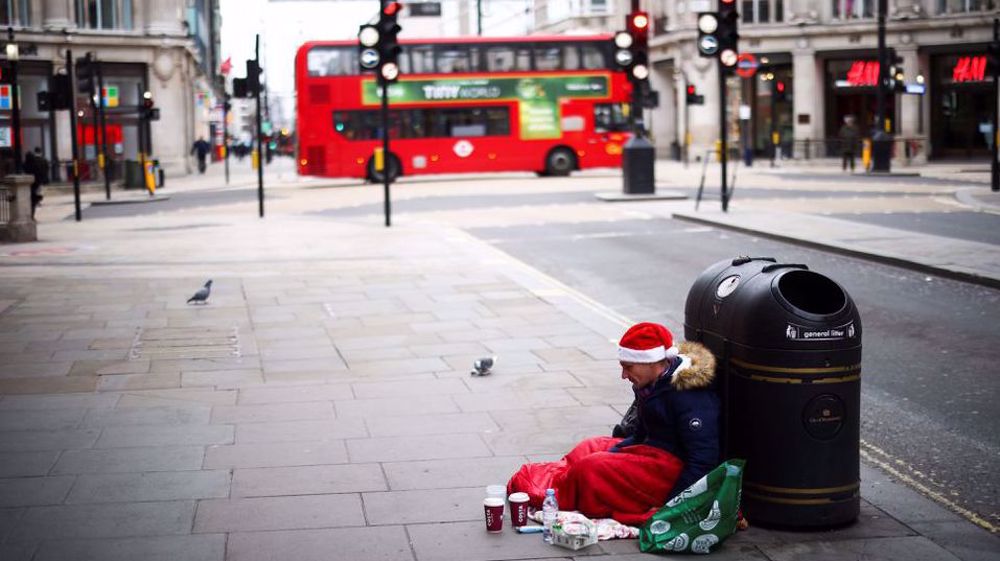



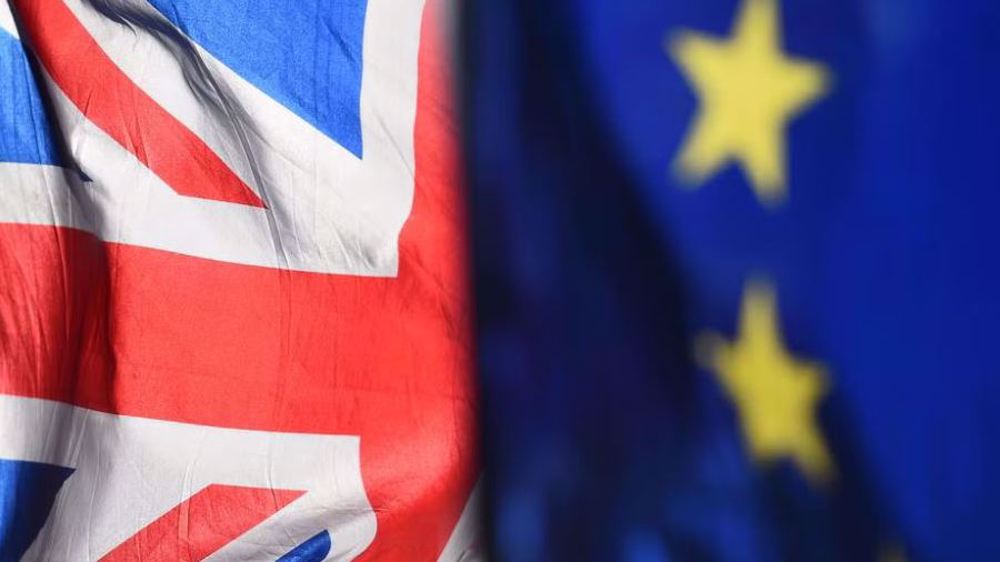
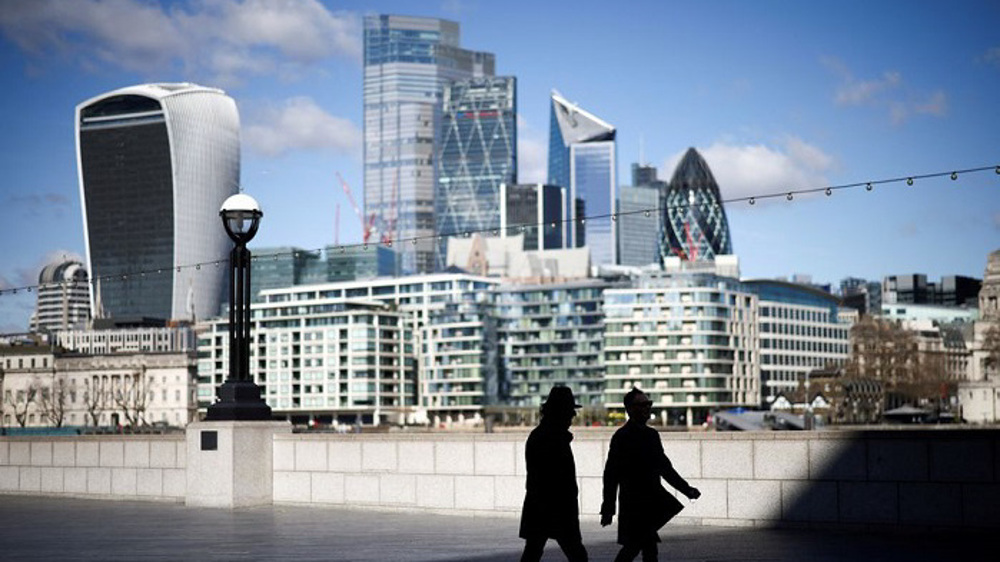


 This makes it easy to access the Press TV website
This makes it easy to access the Press TV website